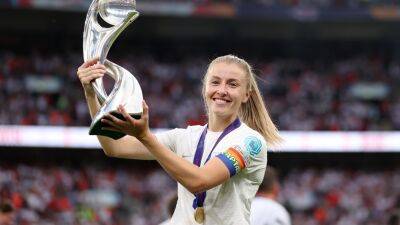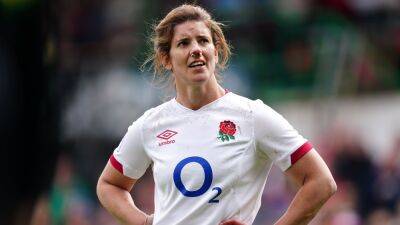From Lionesses to missed chances: why elite success doesn’t always transform the grassroots
On Tuesday, the FA announced that tickets for the England women’s football friendly against the USA in October had gone on sale. Within an hour, its website had crashed from the demand. Gabby Logan had predicted as much when she signed off from the Lionesses’ victory at the European Championships last Sunday. “You think it’s all over?” she told viewers. “It’s only just begun.”
In the week since England’s historic win over Germany in the final, there has been understandable excitement about the future of women’s football in the UK. Even the Queen, not noted for her football punditry, has added her voice to the throng. “You have all set an example that will be an inspiration for girls and women today, and for future generations,” she said in her congratulatory message to Leah Williamson’s side.
Her words consciously echoed the slogan for the 2012 Olympics – “inspire a generation”, a phrase that has become embedded in our reaction to sporting success. We unthinkingly accept its implicit message, that achievements on the world stage will generate an increased following and take-up of sport. Government and administrators have both modelled their funding on the precept.
And yet the 10-year anniversary of the London Olympics has challenged that received wisdom. Last month the National Audit Office reported that, despite initiatives aimed at improving local facilities, training leaders and encouraging people to try new sports, the proportion of adults participating at least once a week declined in the three years after the Games. Other government-issued statistics reveal that participation is down to below pre-2012 levels, while childhood obesity has soared.
From 2004, when Tony Blair first launched London’s bid to stage the





